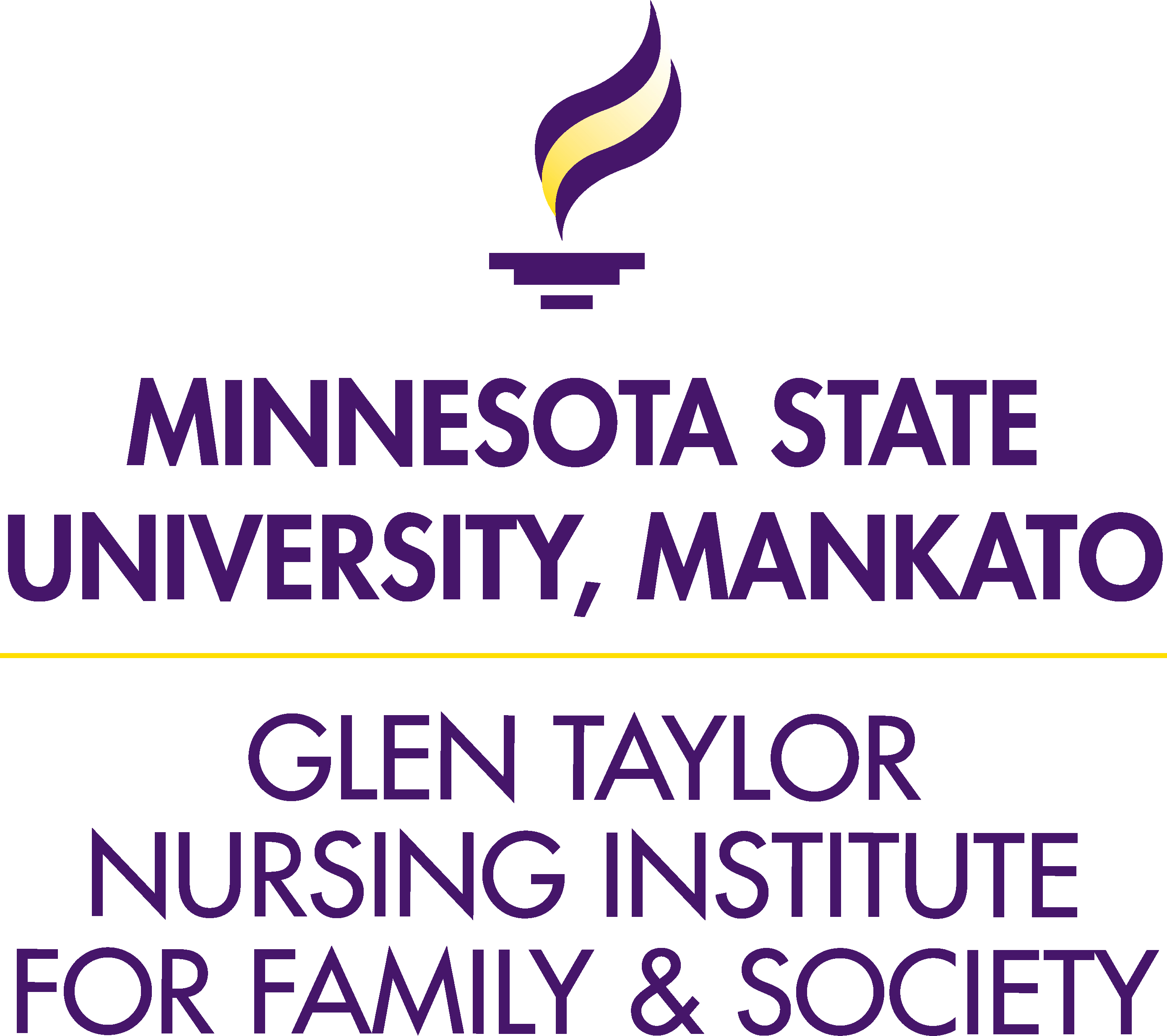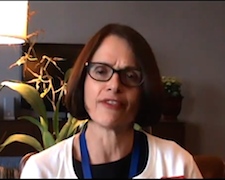 Dr. Margherite Matteis, is an Associate Professor at Regis College in Weston, Massachusetts, USA. Her specialty is psychiatric nursing and family therapy. In this IFNA YouTube video (produced for IFNA by Dr. Sharon Denham), Dr. Matteis focuses on educational resources to help graduate students “think family”. Students report that these learning strategies help them to close the theory-practice gap. For more information contact IFNA member, Margherite Matteis: [email protected]
Dr. Margherite Matteis, is an Associate Professor at Regis College in Weston, Massachusetts, USA. Her specialty is psychiatric nursing and family therapy. In this IFNA YouTube video (produced for IFNA by Dr. Sharon Denham), Dr. Matteis focuses on educational resources to help graduate students “think family”. Students report that these learning strategies help them to close the theory-practice gap. For more information contact IFNA member, Margherite Matteis: [email protected]
Message from IFNA President, Dr. Kit Chesla: A Tribute to Volunteerism
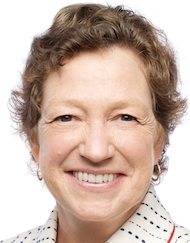 Message from Dr. Kit Chesla, President of the International Family Nursing Association
Message from Dr. Kit Chesla, President of the International Family Nursing Association
December 2014
As the President of the International Family Nursing Association (IFNA), I’m happy to share my thoughts with the readership of the IFNA December 2014 Newsletter. If you are an IFNA member, I hope you recognize yourself in my description. If you are not a member, I invite you to join us!
At base, volunteerism is what holds IFNA together and makes it successful. Small and large voluntary efforts enable IFNA to address its mission of transforming health for families worldwide. As I look over the accomplishments of IFNA since it began in 2009 and at all of the International Family Nursing Conferences held since 1988, I am awestruck at the strength and generosity that resides within the ranks of family nurses. A vast amount of work is completed every month by individual members and small groups in order to fulfill the mission of IFNA. I will note a few examples of the creative, intelligent contributions that are completed behind the scenes by members. Unfortunately this list of examples cannot be complete, as there are too many activities occurring simultaneously to allow all to be acknowledged.
The United Nations website points out that “Volunteerism benefits both society at large and the individual volunteer by strengthening trust, solidarity and reciprocity among citizens, and by purposefully creating opportunities for participation.” (http://www.un.org/en/globalissues/volunteerism/ December 4, 2014). Similarly, volunteerism benefits our organization as a whole, enabling many of our initiatives to move forward that would otherwise not exist, as well as the benefitting individuals who devote time to furthering an IFNA agenda or goal.
Trust
I remember the first time I attended an International Family Nursing Conference in Portland in 1991. I had attended the National Council on Family Relations annual conferences for more than 5 years and had a group of colleagues there whom I knew, trusted, and with whom I could socialize. But with the 2nd International Family Nursing Conference in Portland, I was beginning again, unsure of whom I might meet and whether I would find my niche. It took some time but eventually, the International Family Nursing Conferences became my key place to find nurses across the country–and eventually the world–who shared a passion for families. And the best way that I found to strengthen those relationships was to work together on projects. Struggling in unison to refine the language of a document created ties that lasted or to sketch out a conference theme created ties that lasted. For example the IFNA Position Statement on Pre-Licensure Family Nursing Education is a document that was created by 11 authors (http://internationalfamilynursing.org/2014/11/18/ifna-position-statement-on-pre-licensure-family-nursing-education/). Certainly not all of the authors were equally involved, but each had input, and it’s likely that those who worked the hardest walked away with the utmost pride in the document, and the closest ties to the colleagues with whom they shared the effort. Collaborative work can create trust and lasting friendships.
Solidarity
What unites family nurses is a commitment to improving the health of families. For those who are especially focused on teaching family nursing, sharing curricula or teaching strategies in publications, presentations and via the IFNA website creates solidarity in approach. Similarly, those focused on practice find in each others’ practice imaginative approaches and novel ideas for family interventions. Solidarity in research occurs by sharing methods, instruments and philosophical approaches to science. The key way that IFNA members remain unified is via our website. The IFNA Communications Committee, led by Drs. Sharon Denham, Janice Bell, Wendy Looman, and more recently by Wilma Schroeder has been devoted to creating opportunities for members to share ideas and resources with one another. The design and success of the website is due to this committee’s ceaseless effort to create an online meeting place for IFNA members. Our solidarity and connection is largely due to their vision and countless hours of voluntary effort. We owe them tremendous thanks.
Reciprocity
Having had the opportunity to serve on the Board of IFNA since its inception, I have been struck by the effort by all board members, to keep the workings of IFNA transparent and democratic. Of course, board members have to make decisions about what is best for IFNA at any particular juncture. However, the spirit of board work has consistently been to try to gauge the wishes of the members, either by formal surveys or via inquiries with committees and individuals. Board members are thoughtful about how best to address member’s wishes, even when these wishes are not unified. And it should be emphasized that board members, like all IFNA leaders, committee members, task force members and so on, volunteer their time to IFNA’s initiatives. So there is a hope that the effort expended benefits both the individual and the organization.
In closing, I want to express my appreciation to all IFNA members for the spirit of volunteerism that is so pervasive in our organization. If it weren’t for your efforts, then IFNA would not have grown in size and influence in the manner that it has been able to grow. It is a wonderful achievement to have, at our most robust, more than 400 family educators, researchers and practitioners dedicated to the same mission. With your continued efforts, we can indeed transform health for families worldwide.
Kit Chesla, RN, PhD, FAAN
Professor, University of California, San Francisco
Wilma Schroeder Makes Family Nursing Practice Visible in Undergraduate Education
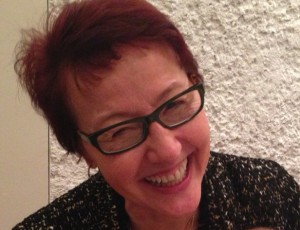 Wilma Schroeder, MMFT, BN, RN, Course Leader – Family Nursing, Red River College, Winnipeg, Manitoba, Canada, is dedicated to making family nursing practice visible in her undergraduate teaching. She recently received approval from Red River College to post the Family Nursing Lab Manual she developed on the IFNA Education Resources page of the IFNA website. The “family nursing labs” are an important element of the undergraduate family nursing course that Wilma teaches. In addition to online tutorials and a face-to-face classes, more than half of the course is “family nursing labs” where both family nursing theory and family nursing application/skill development is emphasized.
Wilma Schroeder, MMFT, BN, RN, Course Leader – Family Nursing, Red River College, Winnipeg, Manitoba, Canada, is dedicated to making family nursing practice visible in her undergraduate teaching. She recently received approval from Red River College to post the Family Nursing Lab Manual she developed on the IFNA Education Resources page of the IFNA website. The “family nursing labs” are an important element of the undergraduate family nursing course that Wilma teaches. In addition to online tutorials and a face-to-face classes, more than half of the course is “family nursing labs” where both family nursing theory and family nursing application/skill development is emphasized.
Wilma has also produced a YouTube video called “How To Draw Genograms“ and participated in two IFNA YouTube videos on Family Nursing Education: Family Nursing Education: Wilma Schroeder, Part 1 (teaching circular questions); Family Nursing Education: Wilma Schroeder, Part 2 (using family stories; families as faculty in teaching health care professionals). All of these resources are also posted on the IFNA Education Resources page of the IFNA website. For more information, contact IFNA member Wilma Schroeder: [email protected]
Mankato Toolkit Simulation Videos
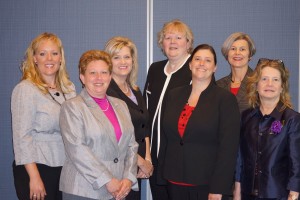
Nurse educators at Minnesota State University Mankato, USA (Angela Christian; Stacey Van Gelderen; Colleen Royle; Mary Ann McKenna Moon; and Norma Krumwiede) are leading the development of family nursing education using simulation. The Mankato Toolkit Simulation Videos show how the complexities of family-focused nursing communication and care can be practically incorporated into simulation strategies and experiences. These videos are only a portion of the Mankato nurse educator group’s entire approach to simulation learning experiences and the curriculum that they have developed with a family nursing focus. The Mankato Toolkit Simulation Videos are available to IFNA members through the generosity of The Glen Taylor Institute for Family & Society.
Dr. Lorraine Holtslander Focuses on Family Caregivers Providing Palliative Care in the Community
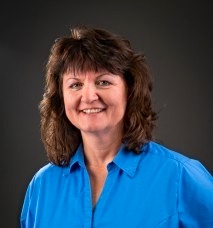 Lorraine Holtslander, RN, PhD, CHPCN(c), is an Associate Professor, College of Nursing, University of Saskatchewan, in Saskatoon, Canada. She teaches family nursing to undergraduate nursing students as well as an interdisciplinary course in qualitative research methods at the graduate level. Her passion is for family caregivers providing palliative care in the community and she has developed a “finding balance” writing intervention specifically for bereaved family caregivers. Dr. Holtslander currently serves as Co-chair of the IFNA Education Committee. She has offered her ideas about teaching the 15-Minute Family Interview intervention (Wright & Leahey, 2013) to undergraduate nursing students in an IFNA YouTube production.
Lorraine Holtslander, RN, PhD, CHPCN(c), is an Associate Professor, College of Nursing, University of Saskatchewan, in Saskatoon, Canada. She teaches family nursing to undergraduate nursing students as well as an interdisciplinary course in qualitative research methods at the graduate level. Her passion is for family caregivers providing palliative care in the community and she has developed a “finding balance” writing intervention specifically for bereaved family caregivers. Dr. Holtslander currently serves as Co-chair of the IFNA Education Committee. She has offered her ideas about teaching the 15-Minute Family Interview intervention (Wright & Leahey, 2013) to undergraduate nursing students in an IFNA YouTube production.
Lorraine currently serves as Co-chair of the IFNA Education Committee.For more information, contact IFNA member Lorraine Holtslander: [email protected]
